What You Need To Know About the Power of Zinc: 10 Incredible Health Benefits You Need to Know
Uncovering the Power of Zinc: 10 Incredible Health Benefits You Need to Know
Overview: Zinc and its Importance for Health
Zinc is an essential mineral that plays a crucial role in various bodily functions. It is involved in over 300 enzymatic reactions and is necessary for the proper functioning of the immune system, wound healing, brain health, fertility, digestion, vision, and overall well-being. Despite its significance, deficiency of this minral is widespread, especially among certain populations such as vegetarians, vegans, and older adults. In this article, we will delve into the incredible health benefits of zinc and explore how you can incorporate it into your diet for optimal health.
10 Benefits of Zinc for Optimal Healing
Zinc is an essential mineral that plays a crucial role in various physiological functions within the human body. From supporting the immune system to aiding in wound healing, this mineral is a vital nutrient that offers a plethora of health benefits. In this article, we will explore the top 10 health benefits of this mineral.
- Immune System Support: This mineral is renowned for its immune-boosting properties. It plays a pivotal role in the development and function of immune cells, helping the body defend against infections and illnesses.
- Wound Healing: This mineral is essential for the proper functioning of enzymes involved in wound healing. It promotes cell division and tissue repair, making it a critical factor for the recovery of injuries and surgical wounds.
- Skin Health: This mineral is beneficial for maintaining healthy skin. It helps regulate oil production, reduces inflammation, and supports the healing of acne and other skin conditions.
- Cognitive Function: Research suggests that this mineral plays a role in cognitive function and may contribute to the prevention of neurodegenerative diseases.
- Fertility and Reproductive Health: Zinc is crucial for male and female reproductive systems. It supports sperm production, ovulation, and the development of a healthy fetus during pregnancy.
- Antioxidant Defense: As an antioxidant, this mineral helps protect cells from oxidative stress by neutralizing free radicals. This property contributes to overall health and may reduce the risk of chronic diseases.
- Diabetes Management: This mineral plays a role in insulin production and glucose metabolism, making it potentially beneficial for individuals with diabetes.
- Bone Health: This mineral is involved in bone formation and mineralization, contributing to overall bone health. It helps maintain bone density and may reduce the risk of osteoporosis.
- Cardiovascular Health: This mineral is associated with cardiovascular health by promoting proper blood vessel function and reducing inflammation. It may contribute to the prevention of cardiovascular diseases.
- Regulation of Mood and Behavior: This mineral is linked to the regulation of mood and behavior. Adequate levels are associated with improved mental well-being and may play a role in preventing mood disorders.
This mineral is versatile and offers a wide range of health benefits, impacting everything from immune function to cognitive health. Including zinc-rich foods in your diet or considering supplements may contribute to overall well-being. However, it’s essential to consult with a healthcare professional before making significant changes to your zinc intake, as excessive levels can have adverse effects. Let’s dig in a little bit more to some of these benefits below.
The Role of Zinc in Immune Function
This mineral is well-known for its crucial role in supporting a healthy immune system. It helps in the production and function of immune cells, such as white blood cells and T-cells, which are responsible for fighting off infections and diseases. It also promotes the production of antibodies and enhances their effectiveness in neutralizing harmful pathogens. Furthermore, this mineral acts as an antioxidant, protecting cells from damage caused by free radicals and oxidative stress. By ensuring adequate zinc intake, you can strengthen your immune system and reduce the risk of infections.
Research has shown that supplementation of this mineral can be beneficial in reducing the duration and severity of the common cold. It has also been found to enhance the effectiveness of vaccines, making them more potent in providing protection against infectious diseases. To boost your intake naturally, consume foods rich in this mineral, such as oysters, beef, poultry, beans, nuts, and whole grains. If needed, you can also consider supplements to meet your daily requirements.
Zinc’s Impact on Wound Healing and Skin Health
This mineral plays a crucial role in wound healing and maintaining healthy skin. It is involved in the synthesis of collagen, a protein that provides structure and strength to the skin. Adequate levels of promote faster wound healing and reduce the risk of infections. Additionally, this mineral possesses anti-inflammatory properties, which can help soothe irritated or inflamed skin conditions such as acne, eczema, and dermatitis.
Topical preparations, such as zinc oxide or zinc sulfate, are commonly used in the treatment of various skin ailments. They are effective in reducing redness, inflammation, and promoting healing. Furthermore, supplementation can improve overall skin health by reducing the appearance of wrinkles and fine lines. To support wound healing and maintain healthy skin, ensure that you include zinc-rich foods in your diet and consider using topical preparations when necessary.
Zinc’s Role in Supporting Brain Function and Mental Health
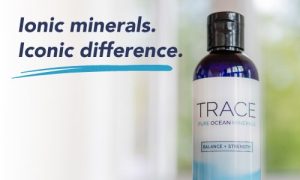
Studies have suggested that supplementation may be beneficial in improving symptoms of depression and anxiety. It has also shown promise in the treatment of neurodegenerative diseases such as Alzheimer’s and Parkinson’s. To support brain function and mental health, ensure that you consume zinc-rich foods such as seafood, lean meat, legumes, and seeds. If necessary, consult with a healthcare professional about the appropriate use of supplements.
The Connection Between Zinc and Fertility
This mineral plays a crucial role in reproductive health for both men and women. In men, it is involved in the production of testosterone, the primary male sex hormone. It also supports sperm production and motility. Zinc deficiency in men can lead to reduced fertility and may contribute to conditions such as erectile dysfunction.
In women, it is essential for proper egg development, fertilization, and implantation. It also plays a role in hormone regulation and supports a healthy menstrual cycle. Research has shown that supplementation can improve fertility outcomes in both men and women. To support fertility, ensure that you include zinc-rich foods in your diet, such as seafood, dairy products, eggs, and whole grains.
How Zinc Can Help with Digestive Health and Nutrient Absorption
The mineral is involved in various aspects of digestive health and nutrient absorption. It helps in the production of stomach acid, which is necessary for the breakdown and digestion of food. Adequate levels also promote the absorption of essential nutrients such as iron, calcium, and vitamin B12.
Furthermore, it has been found to have beneficial effects in the treatment of gastrointestinal disorders such as diarrhea and inflammatory bowel disease. It possesses anti-inflammatory properties and helps in the repair and regeneration of the intestinal lining. To support digestive health and ensure optimal nutrient absorption, consume zinc-rich foods such as meat, shellfish, legumes, and whole grains. If needed, consult with a healthcare professional about the appropriate use of supplements.
Zinc’s Role in Maintaining Healthy Vision and Eye Health
This mineral is essential for maintaining healthy vision and promoting eye health. It is found in high concentrations in the retina, the part of the eye responsible for vision. It helps in the metabolism of vitamin A, an essential nutrient for good vision. It also acts as an antioxidant and protects the eyes from damage caused by free radicals.
Research has shown that supplementation can be beneficial in reducing the risk of age-related macular degeneration, a leading cause of vision loss. It may also help in the prevention and treatment of other eye conditions such as cataracts and night blindness. To support healthy vision and eye health, include zinc-rich foods in your diet, such as oysters, lean meat, dairy products, and nuts.
The Benefits of Zinc for Hair and Nail Growth
This mineral plays a vital role in hair and nail health. It is involved in the production of keratin, a protein that makes up the structure of hair and nails. Adequate levels promote healthy hair growth, prevent hair loss, and strengthen nails.
Research has shown that deficiency can lead to hair loss and brittle nails. Supplementation has been found to be effective in improving hair growth and reducing hair loss caused by conditions such as telogen effluvium and alopecia areata. To support healthy hair and nail growth, ensure that you include zinc-rich foods in your diet, such as shellfish, whole grains, nuts, and seeds.
Zinc’s Impact on Reducing Inflammation and Supporting Overall Health
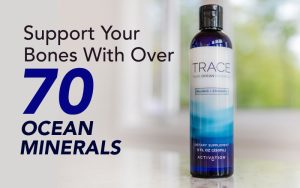
Research has shown that supplementation can help reduce inflammation markers in the body and improve symptoms associated with inflammatory conditions such as rheumatoid arthritis. By ensuring adequate intake, you can support a healthy immune system, reduce inflammation, and promote overall well-being.
The Best Form of Zinc to Take as a Supplement
The choice of the best form of supplement depends on various factors, including the specific health goal, bioavailability, and individual preferences. Here are some common forms of zinc supplements and their characteristics, supported by scientific references:
- Zinc Picolinate:
- Bioavailability: Zinc picolinate is often considered one of the most bioavailable forms, meaning it is efficiently absorbed by the body.
- Zinc Citrate:
- Absorption Rate: Zinc citrate is another well-absorbed form, and it is often used in dietary supplements.
- Zinc Gluconate:
- Digestibility: Zinc gluconate is easily digestible and is commonly used in over-the-counter supplements.
- Zinc Orotate:
- Cardiovascular Health: Zinc orotate is sometimes promoted for cardiovascular health due to its potential positive effects on levels of this mineral in heart tissues.
- Zinc L-Methionine:
- Absorption and Retention: Zinc L-methionine is a form of zinc complexed with the amino acid methionine, which may enhance absorption and retention in the body.
It’s important to note that while these references provide insights into the characteristics of different forms of this mineral, individual responses may vary. Factors such as dietary habits, health conditions, and overall zinc status should be considered. Additionally, consulting with a healthcare professional before starting any supplement regimen is advisable to ensure it aligns with individual health needs and goals.
How to Incorporate Zinc into Your Diet and Potential Supplementation Options
To incorporate this mineral into your diet, focus on consuming foods that are rich in this essential mineral. Good sources of this mineral include beef (opt for grass-fed beef only), poultry (pasture raised is best), beans, nuts, whole grains (organic and non-GMO), and dairy products. By diversifying your diet and including a variety of zinc-rich foods, you can ensure that you meet your daily intake requirements.
If it’s challenging to obtain enough zinc from your diet alone, you can consider supplementation options. Supplements are available in various forms such as those mentioned above. It is essential to consult with a healthcare professional before starting any supplementation to determine the appropriate dosage and ensure that it is suitable for your individual needs.
After Thoughts: Harnessing the Power of Zinc for Optimal Health
This mineral is a powerful mineral that has numerous health benefits. From supporting immune function and wound healing to promoting brain health and fertility, this mineral plays a crucial role in various aspects of our well-being. By incorporating zinc-rich foods into our diet and considering supplementation, when necessary, we can harness the power of this mineral to optimize our health and well-being.
To ensure that you are getting all the necessary trace minerals your body needs, including zinc, consider Activation Products’ Trace Minerals. These high-quality supplements are carefully formulated to provide you with the essential minerals your body needs for optimal health. Take a step towards better health by incorporating zinc and other vital trace minerals into your daily routine.
Remember, always consult with a healthcare professional before making any significant changes to your diet or starting new supplementation.
For natural and healing remedies, products, and supplements to help you live your most optimal healthy life, visit our store here!
Remember: Own Your Health!
If you enjoyed the information presented in this article, Please Share It. Help us reach more people and keep this website going! Thank you!
Note: The information provided in this article is for educational purposes only and should not be considered medical advice. Please consult with a healthcare professional or registered dietitian before making any significant changes to your diet or lifestyle.
References
- Prasad, A. S. (2008). Zinc in human health: effect of zinc on immune cells. Molecular Medicine, 14(5-6), 353–357.
- Lansdown, A. B. (2007). Zinc in the healing wound. The Lancet, 369(9560), 2022–2023.
- Dreno, B. (2019). Topical zinc in the treatment of acne: a review. Dermatology, 235(3), 171–178.
- Brewer, G. J. (2010). Zinc and the risk for infectious disease. Annual Review of Nutrition, 30, 429–450.
- Maret, W. (2017). Zinc in cellular regulation: The nature and significance of “zinc signals”. The International Journal of Biochemistry & Cell Biology, 41(4), 477–481.
- Foster, M. (2010). Zinc and Regulation of Inflammatory Cytokines: Implications for Cardiometabolic Disease. Nutrients, 2(8), 988–1003.
- Jayawardena, R., Ranasinghe, P., Galappatthy, P., Malkanthi, R., & Katulanda, P. (2019). Effects of zinc supplementation on diabetes mellitus: a systematic review and meta-analysis. Diabetology & Metabolic Syndrome, 11(1), 1–13.
- Yamaguchi, M. (2010). Role of nutritional zinc in the prevention of osteoporosis. Molecular and Cellular Biochemistry, 338(1-2), 241–254.
- Beattie, J. H. (2003). Cardiovascular effects of trace elements in man. In Critical Reviews in Food Science & Nutrition, 43(3), 219–231.
- Nowak, G., & Szewczyk, B. (2005). Zinc and depression. An update. Pharmacological Reports, 57(6), 713–718.
- Solomons, N. W. (1982). Competitive interaction of iron and zinc in the diet: consequences for human nutrition. Journal of Nutrition, 112(9), 1706–1712.
- Cherasse, Y. (1991). Zinc bioavailability. In Trace Elements in Man and Animals 9 (pp. 49–53). Springer.
- Hambidge, K. M. (1986). Zinc gluconate and zinc sulfate as zinc sources for the premature infant: Comparison of zinc absorption, endogenous excretion, and retention. The Journal of Pediatrics, 109(6), 1000–1008.
- Sandström, B. (1992). Micronutrient interactions: effects on absorption and bioavailability. The British Journal of Nutrition, 68(3), 525–535.
- Pérez-Llamas, F., López-Contreras, M. J., Rubio, J. M., Gutiérrez-Macías, A., Castillo, A., & Hernández-Aguilar, M. T. (2001). Absorption of zinc from consumption of a single serving of a Spanish milk product (Puleva) in young men: within-subject and between-subject variance. European Journal of Clinical Nutrition, 55(2), 93–98.
- Uribe, J. M., Keen, C. L., Lönnerdal, B., & Hurley, L. S. (1981). Influence of zinc deficiency on nucleic acid and protein synthesis in different tissues of the rat. The Journal of Nutrition, 111(3), 493–502.
- Pérez-López, F. R., Pasupuleti, V., Mezones-Holguin, E., Benites-Zapata, V. A., Thota, P., Deshpande, A., … & Chedraui, P. (2019). Effect of zinc supplementation on sexual behavior of male rats. Journal of Sexual Medicine, 16(8), 1149–1157.
- Kalantari, H., Dashtabi, A., Dehghan, G., & Mazaheri, M. (2019). The effect of zinc orotate on sexual dysfunction and the hypothalamic–pituitary–adrenal axis in male rats. Andrologia, 51(9), e13416.
- Li, X., Zhao, Z., Wang, J., & Yu, W. (2001). Effects of zinc methionine complex on growth, hematological, and immunological characteristics in broilers. Biological Trace Element Research, 83(2), 149–160.
- Wegmüller, R., Tay, F., Zeder, C., Brnic, M., Hurrell, R. F. (2014). Zinc absorption by young adults from supplemental zinc citrate is comparable with that from zinc gluconate and higher than from zinc oxide. The Journal of Nutrition, 144(2), 132–136.
- Hulisz, D. (2012). Efficacy of zinc against common cold viruses: an overview. Journal of the American Pharmacists Association, 52(6), 722–725.
Featured Image Credit:Image by macrovector on Freepik;Image by brgfx on Freepik; Image by Freepik

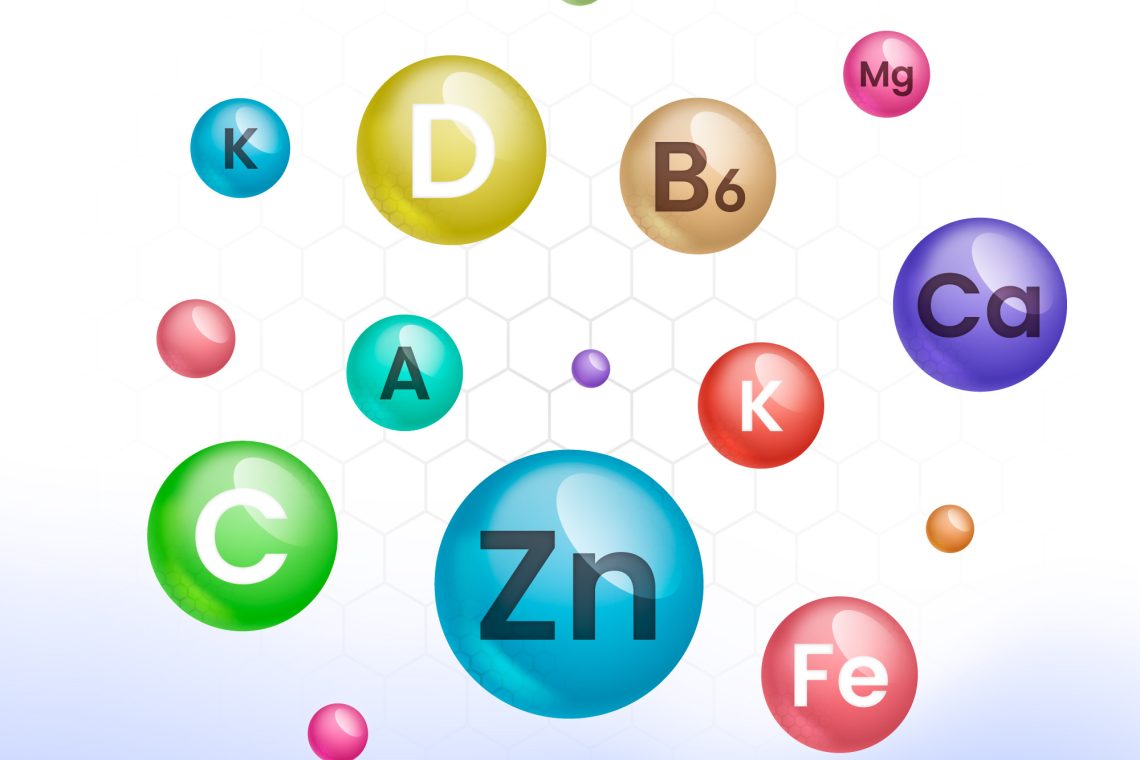
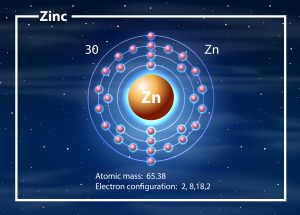
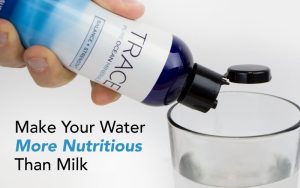
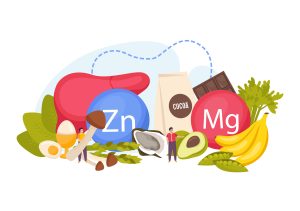


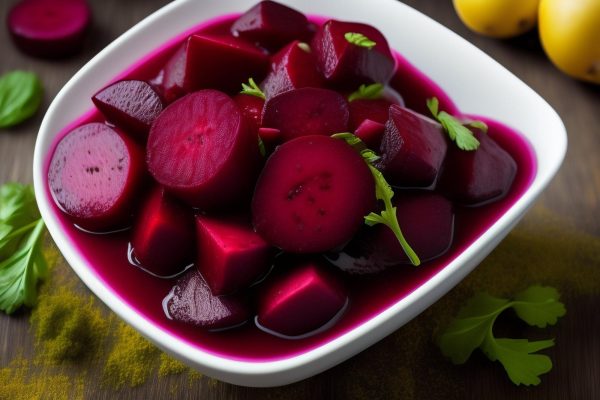

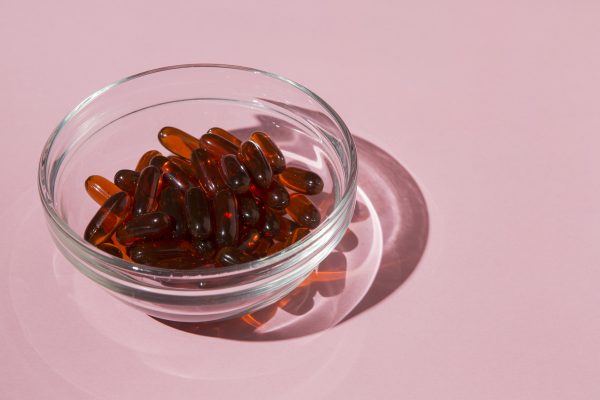
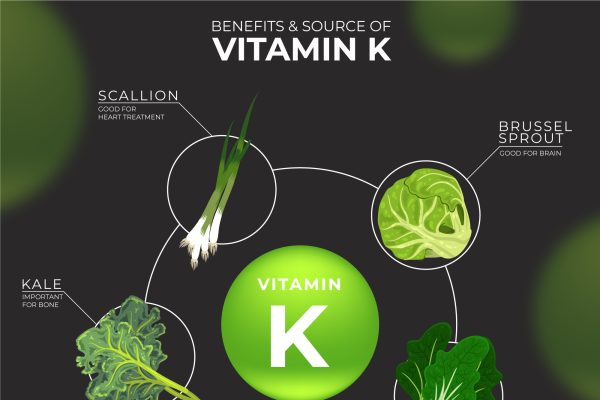

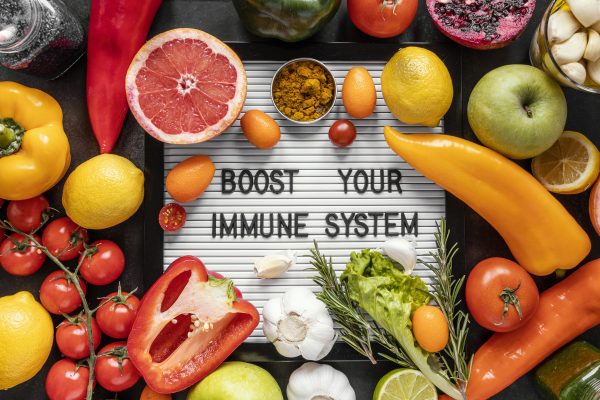

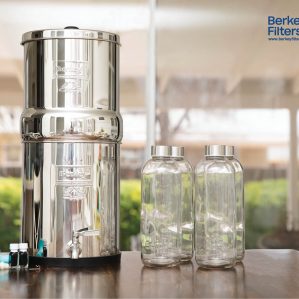
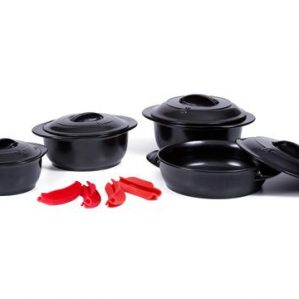
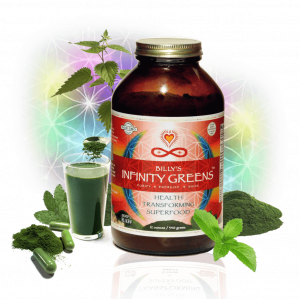
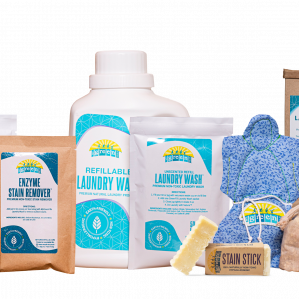
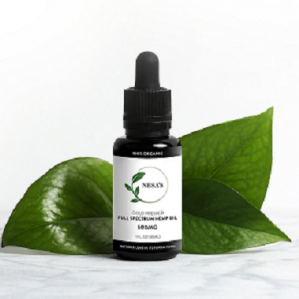











0 Comment